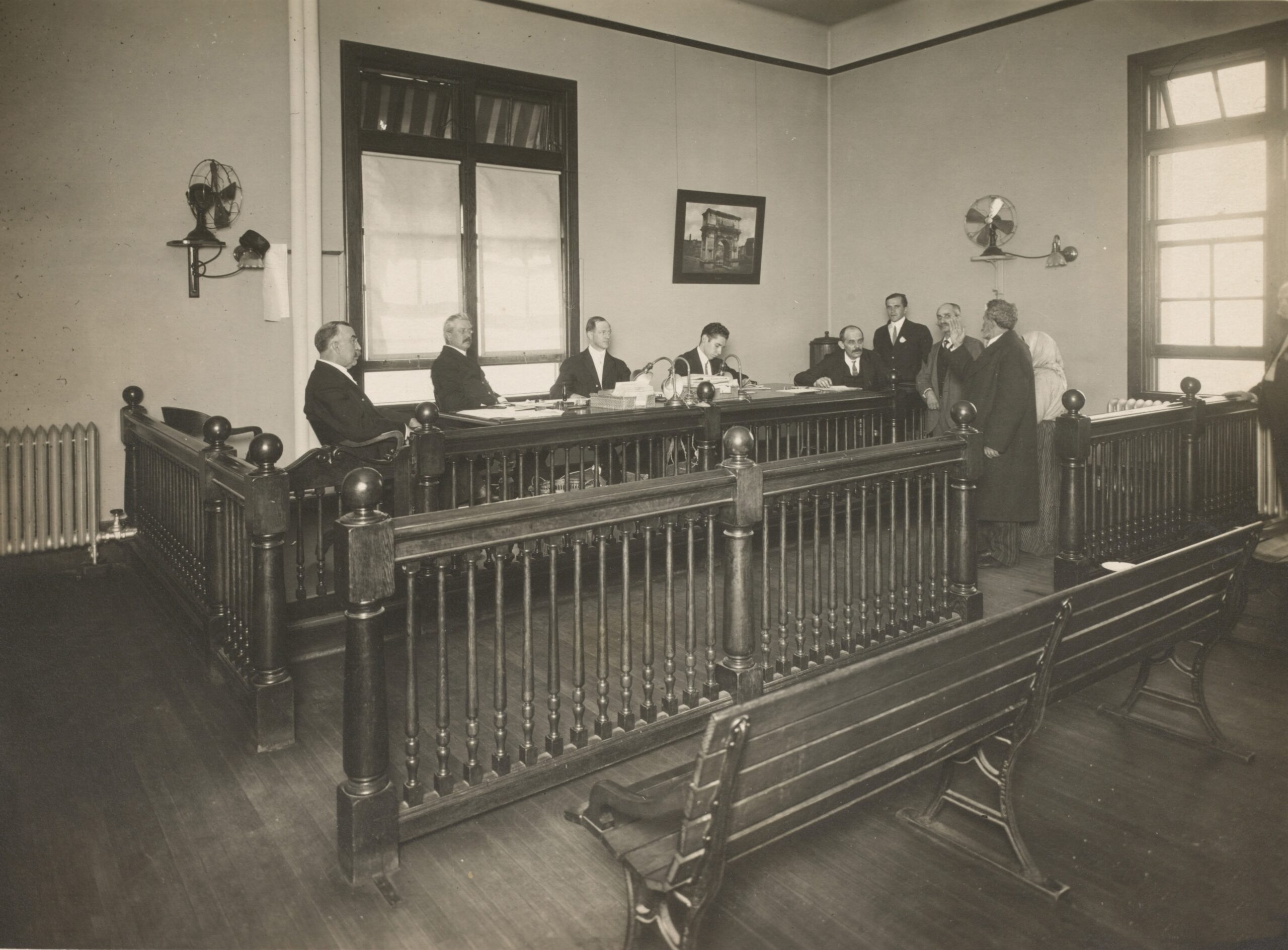When you are making phone calls on your cellphone, should you expect your identity to be private? The U.S. Supreme Court doesn’t think so. However, what happens when your cellphone records are used not to determine who you’ve been in contact with, but where you were at the time?

A federal appeals court was asked to answer that question recently in a case involving a suspect convicted in part upon evidence collected as a result of a warrantless search of his cellphone records used to place him at the scene of several armed robberies.
The government was permitted to collect the defendant’s cell records under court order but without a warrant, according to a federal law known as the Stored Communications Act (SCA), codified at 18 U.S.C. sections 2701–2712. The law addresses voluntary and compelled disclosure of “stored wire and electronic communications and transactional records” held by third-party internet service providers (ISPs).
The issue before the 11th Circuit Court of Appeals was whether use of a cellphone constitutes “voluntary” disclosure of your location and whether a search of your records is exempt from Fourth Amendment protection against unreasonable searches and seizures.
The federal court’s decision should have a lasting impact on what information law enforcement is permitted to collect absent a warrant regarding your cell phone usage.
United States v. Davis (No. 12-12928, Eleventh Circuit Court of Appeals, June 11, 2014)
Defendant Quartavius Davis and five co-defendants were indicted on 17 counts of robbery, conspiracy and possession of a firearm in furtherance of a crime of violence. A jury returned guilty verdicts on all counts and Davis was sentenced to nearly 162 years in prison.
During his trial, prosecutors submitted evidence obtained without a warrant of cellphone calls made and received by the defendants near several commercial establishments where the robberies took place.
Under authority of the Stored Communications Act (SCA), the government can obtain records of subscriber services when officials have obtained a warrant (which shows probable cause that a crime has been committed), a subpoena or, as occurred in this case, a court order (which requires mere suspicion).
Under the SCA, all that the government is required to show is “that there are reasonable grounds to believe that the… records or other information sought, are relevant and material to an ongoing criminal investigation” (18 U.S.C. § 2703(d)).
The evidence obtained under the order and presented against Davis in the district court consisted of “cell site location information.” That location information includes a record of calls made by the providers’ customer, in this case Davis, and reveals which cell tower carried the call to or from the customer. The cell tower in use will normally be the cell tower closest to the customer. The cell site location information will also reflect the direction of the user from the tower. Therefore, it is possible to determine the location of the cellphone user at the time and date reflected in the call record.
Davis appealed on several grounds, primarily arguing that the court admitted stored cell site location information obtained without a warrant as evidence.
How Did the 11th Circuit Court of Appeals Rule?
The court ruled for the first time that cellphone location data enjoys the same reasonable expectation of privacy under the Fourth Amendment as other information already included under that provision of the Bill of Rights.
The court reasoned that, unlike decisions handed down in similar cases of warrantless cellphone tracking, “Davis has not voluntarily disclosed his cell site location information to the provider.”
The ruling turns on what constitutes “voluntary” disclosure. The U.S. Supreme Court held in a case called Smith v. Maryland that “a person has no legitimate expectation of privacy in information he voluntarily turns over to third parties.”
However, the 11th Circuit was concerned that “the exposure of the cell site location information can convert what would otherwise be a private event into a public one. When one’s whereabouts are not public, then one may have a reasonable expectation of privacy in those whereabouts.”
The court concluded that a person’s location is personal in nature and thus protected by the Fourth Amendment. Not only could this information reveal whether the defendant was near the location of a crime, but it could also reveal other private information, such as whether the defendant is “near the home of a lover, or a dispensary of medication, or a place of worship, or a house of ill repute.”
Because cellphone data location can be used to determine an individual’s location, these records constitute a “search” of one’s private movements that a person does not voluntarily waive. In this case, the Fourth Amendment protects an individual’s reasonable expectation of privacy.
What Does Wallin & Klarich Think?
This decision is a clear victory for individual expectation of privacy in an era when the government has systematically chipped away at our Fourth Amendment guarantee against unreasonable searches and seizures.
This is probably best illustrated by whistleblower Edward Snowden’s exposure of the NSA’s long-arm tactics in seizing the cellphone records of millions of consumers who had never been suspected of committing a crime.
While this case doesn’t directly impact the NSA’s warrantless collection of private communications, it could have long-lasting implications in upholding the Fourth Amendment when and if a case against the U.S. government for spying on its citizens is brought before a federal court.
Furthermore, this decision sends a direct message to law enforcement that courts may require that search warrants be obtained in future cases concerning cellphone data location.



